The Flu Vaccine Activates Adaptive Immunity How Does This Occur
The flu vaccine activates adaptive immunity how does this occur. The actual flu virus enters the body and lymphocytes recognize the antigens. Your body will then produce an immune reaction that should help to protect you if and when you are exposed to the genuine virus. Active immunity is defined as immunity to a pathogen that occurs following exposure to all or part of that pathogen.
In turn the mRNA molecules products of mRNA-based vaccines are taken up by APCs and are recognized by TLR which activates type I interferon that potentialize the stimulation of Th1 response. A vaccine mimics this primary infection providing antigens that prime the adaptive immune system and generating memory cells that can be. Strain-specific antibody responses are induced which exert selective pressure on circulating influenza viruses and which drive antigenic drift of.
Immunity following influenza disease and administration of influenza vaccines. The humoral immune system produces antibodies against different influenza antigens of which the HA-specific antibody is the most important for neutralization of the virus and thus prevention. It is expected that up to 15 of a European population in a temperate.
Seasonal flu vaccines are designed to protect against the influenza viruses that research indicates will be most common during the upcoming season. QA With Pharmacy Expert Hai Tran PharmD As the first cases of flu are reported in Los Angeles this season public health experts are urging anyone who isnt already vaccinated to get the flu shot. Live CA vaccines not only stimulate a durable serum antibody response but also induce long-lasting local respiratory tract IgA antibody that plays an important role in host protection.
This means that humans are infected repeatedly with intervals of on average 10-20 years. The adaptive immune response is composed of the Bcellsantibodies and T-cells. Upon infection with influenza virus the innate immunity plays a critical role in efficient and rapid control of viral.
Seasonal flu vaccination does increase the number of antibody-producing cells specific for flu in the bone marrow. A high-dose 3-component flu vaccine that contains four times the amount of antigen as a regular-dose flu vaccine so as to elicit a stronger response to vaccination. Traditional theory thought this was accomplished by.
The influenza virus is able to infect a wide variety species as diverse as poultry marine pigs horses and humans. These antibodies provide protection against infection with circulating influenza viruses.
Also similar to a viral infection the antigenic protein is produced by host cells favoring presentation via MHC I which stimulates a cytotoxic response 77.
Antibodies are produced which bind to the weakened flu virus and signal immune cells to destroy it. Ideally seasonal vaccines are used that induce broad-protective immunity against drift variants and potentially pandemic viruses of novel subtypes. Seasonal flu vaccines are designed to protect against the influenza viruses that research indicates will be most common during the upcoming season. This response will take longer to occur than the innate response. However the adaptive immune system has memory which means that the adaptive immune system will respond more rapidly to that particular pathogen with each successive exposure. Immunity following influenza disease and administration of influenza vaccines. The adaptive immune response to influenza virus infection is multifaceted and complex involving antibody and cellular responses at both systemic and mucosal levels. The adaptive immune response is composed of the Bcellsantibodies and T-cells. Although a live-attenuated influenza vaccine generates PAMPs and vita-PAMPs the extent to which it triggers inflammasome activation is unknown.
Although a live-attenuated influenza vaccine generates PAMPs and vita-PAMPs the extent to which it triggers inflammasome activation is unknown. This response will take longer to occur than the innate response. The adaptive immune response is composed of the Bcellsantibodies and T-cells. The flu vaccine activates adaptive immunity. We begin with the secreted cytokines that can influence the nature of the adaptive immune response and how these may be tuned with the use of particular adjuvants. Upon infection with influenza virus the innate immunity plays a critical role in efficient and rapid control of viral infections as well as in adaptive immunity initiation. These antibodies provide protection against infection with circulating influenza viruses.

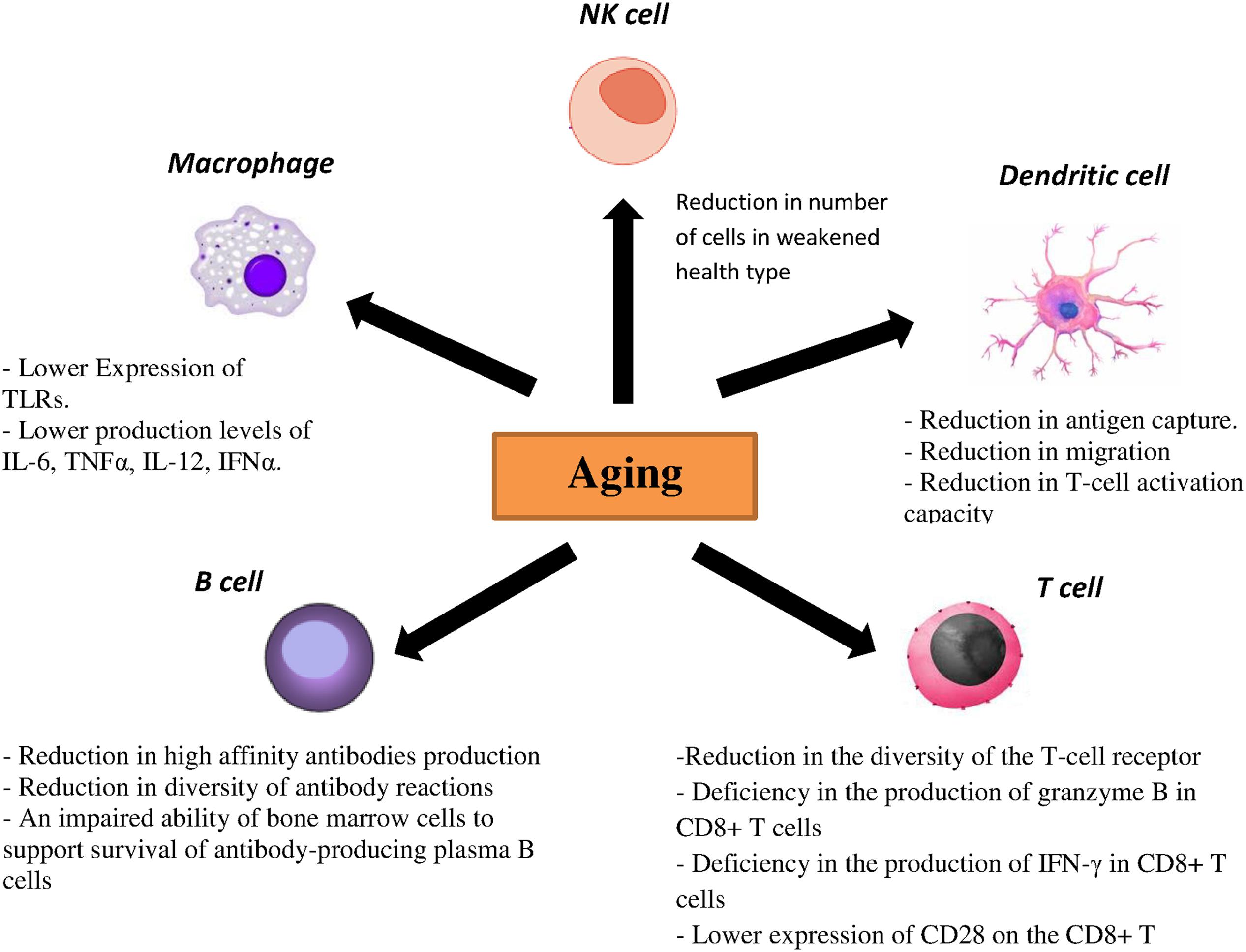


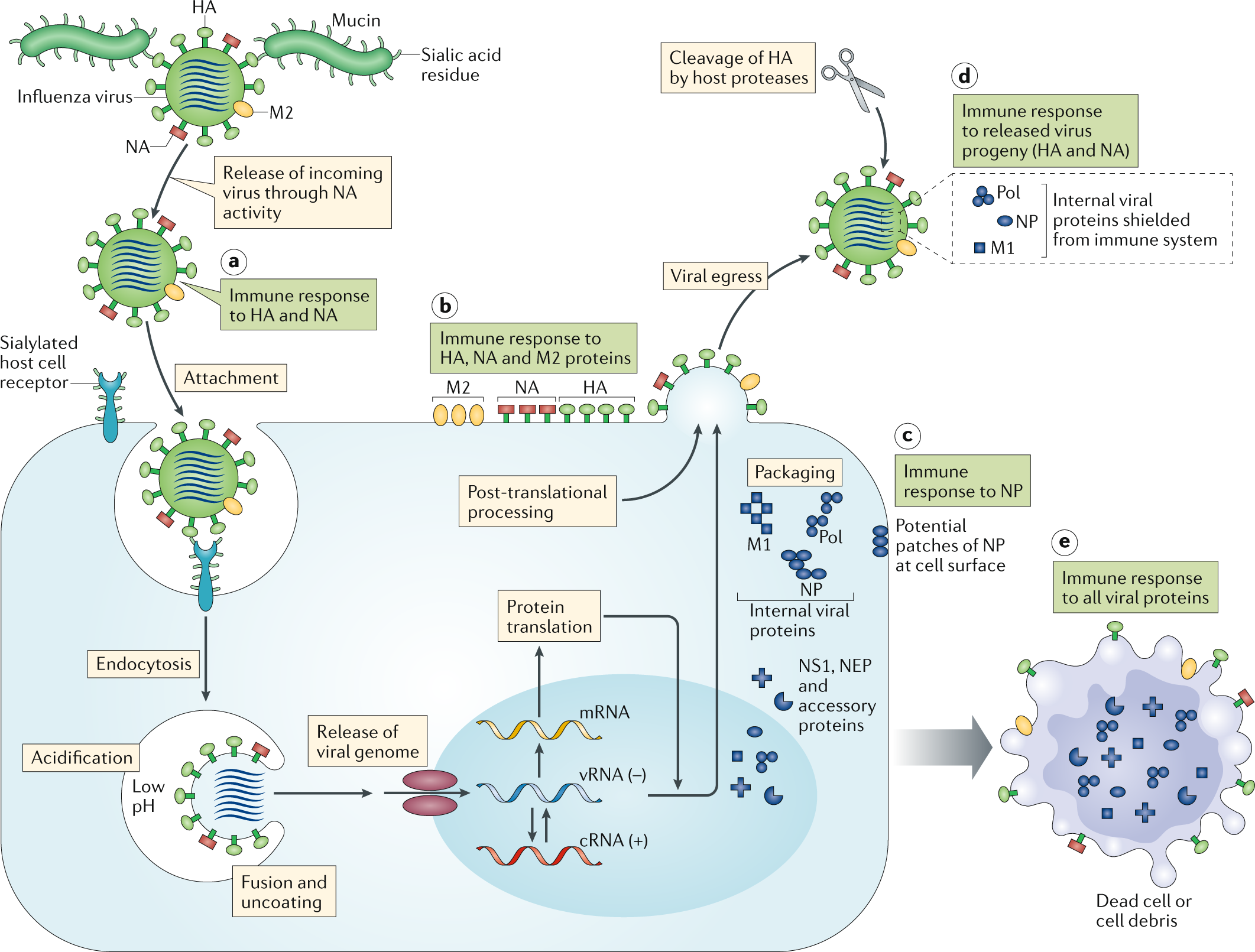

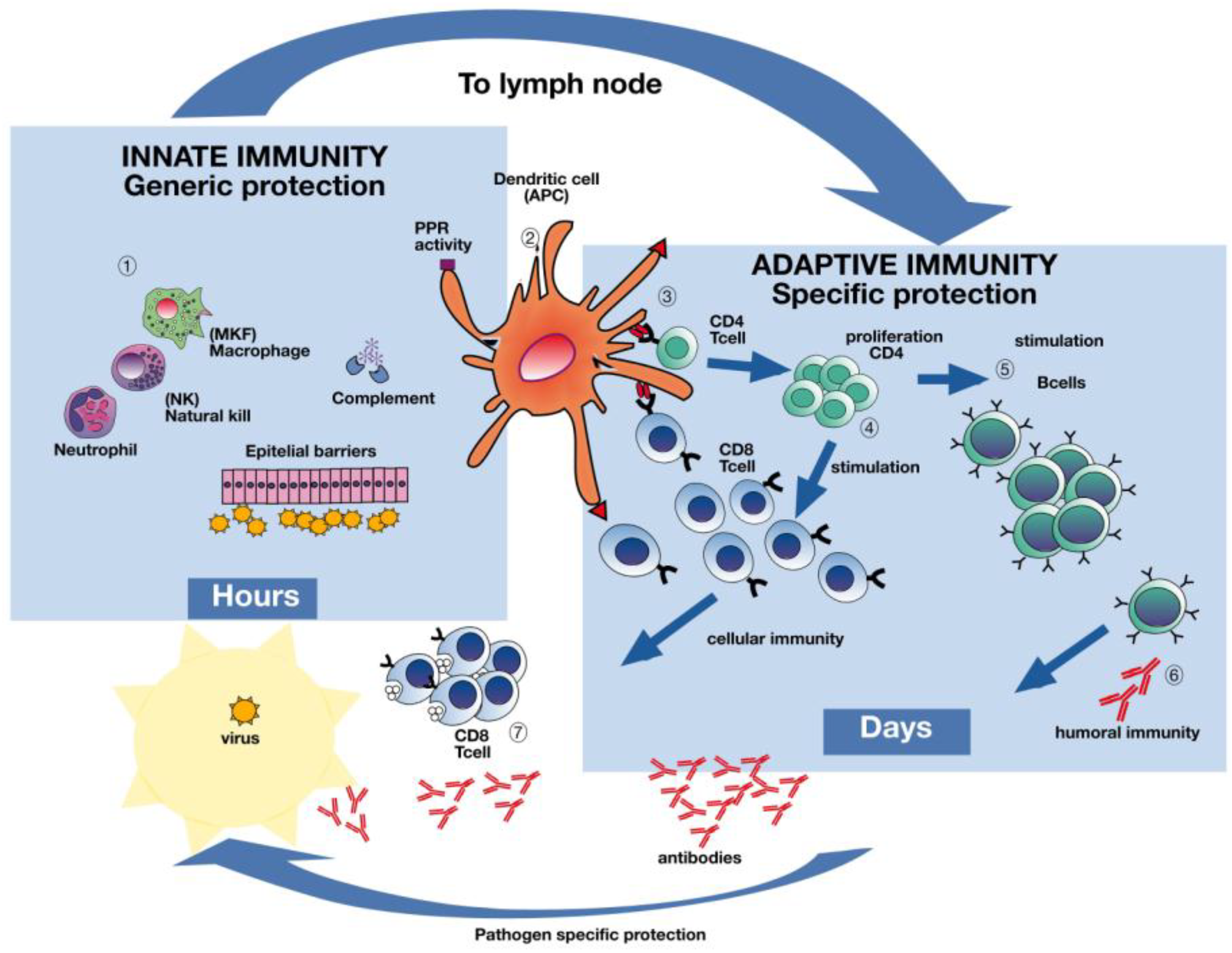
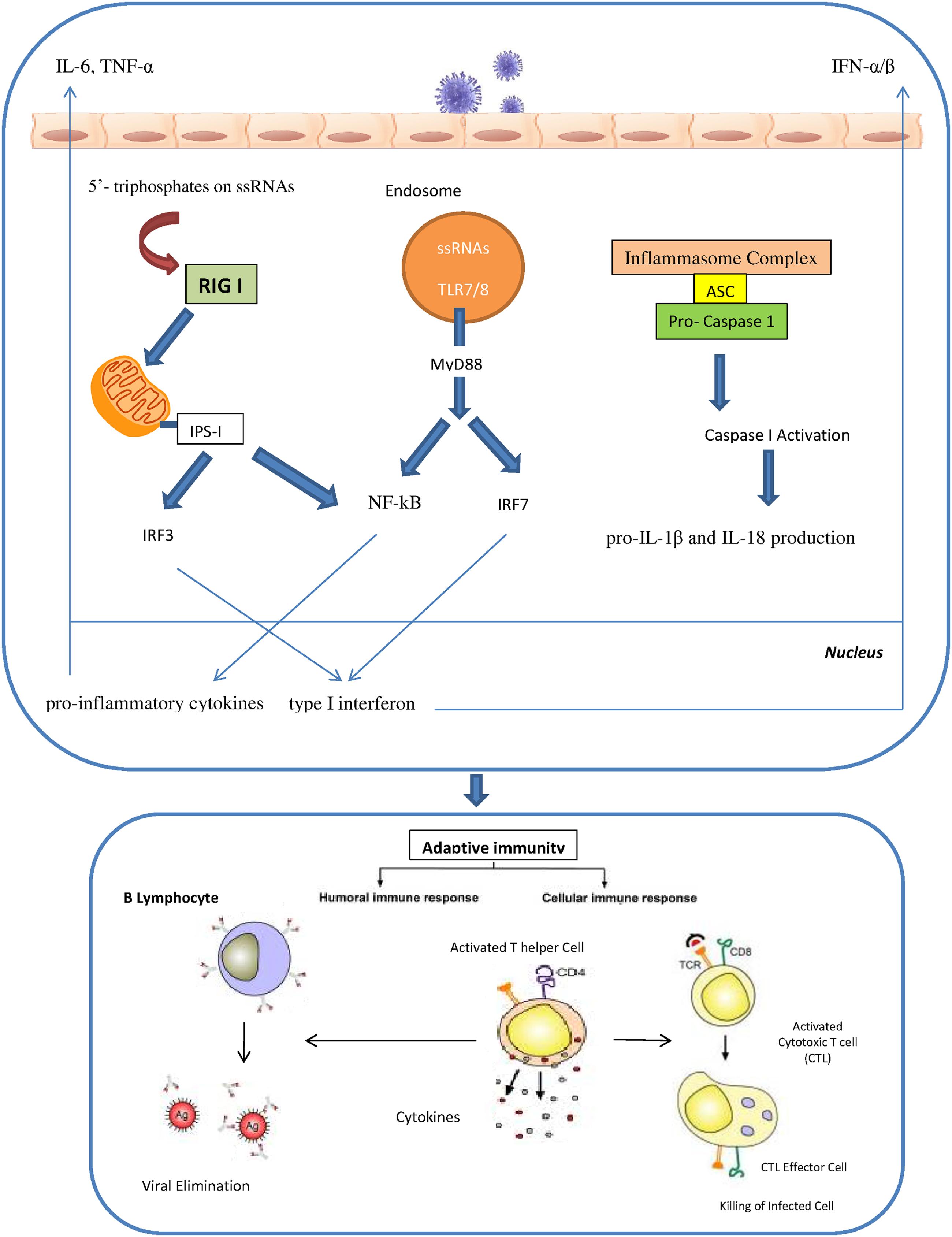
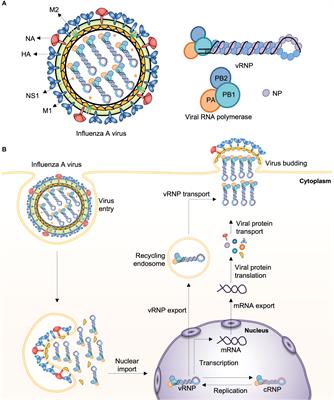

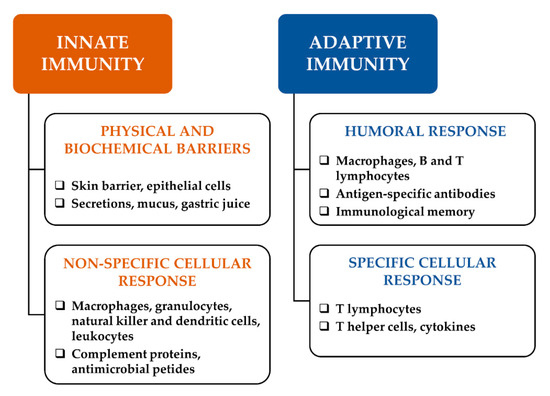
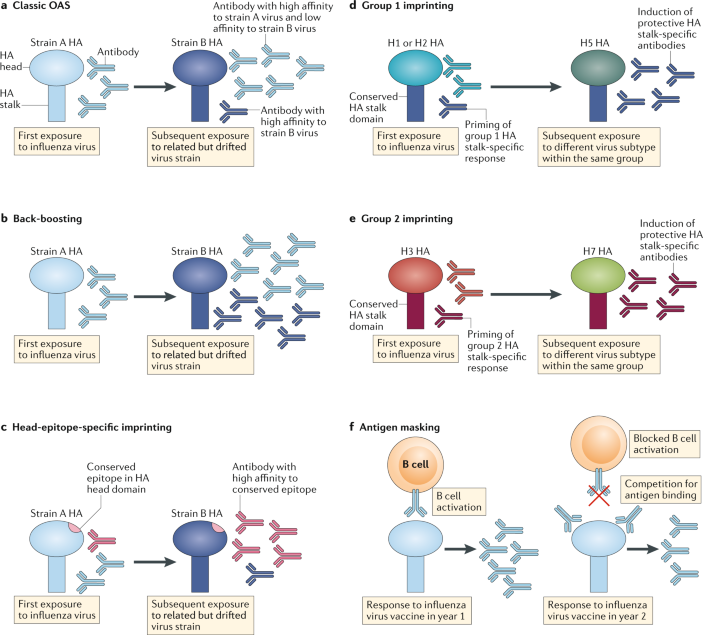


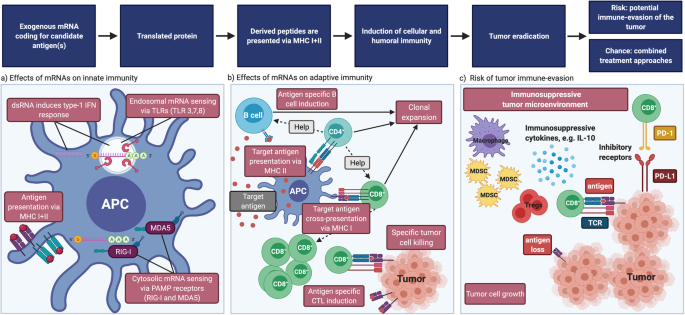

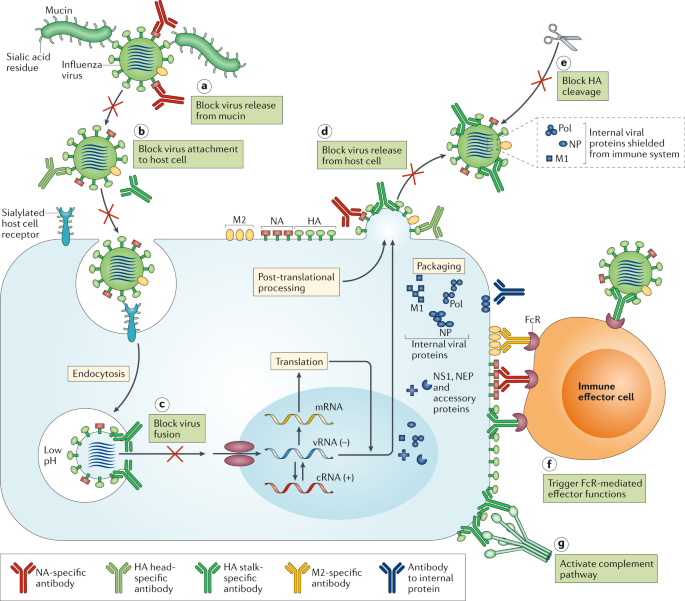

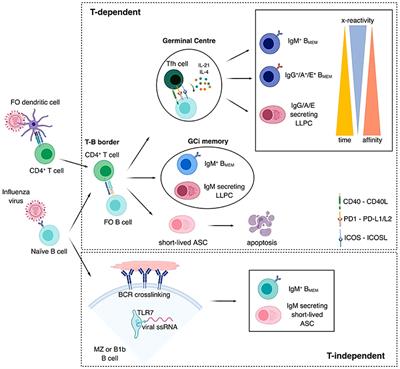
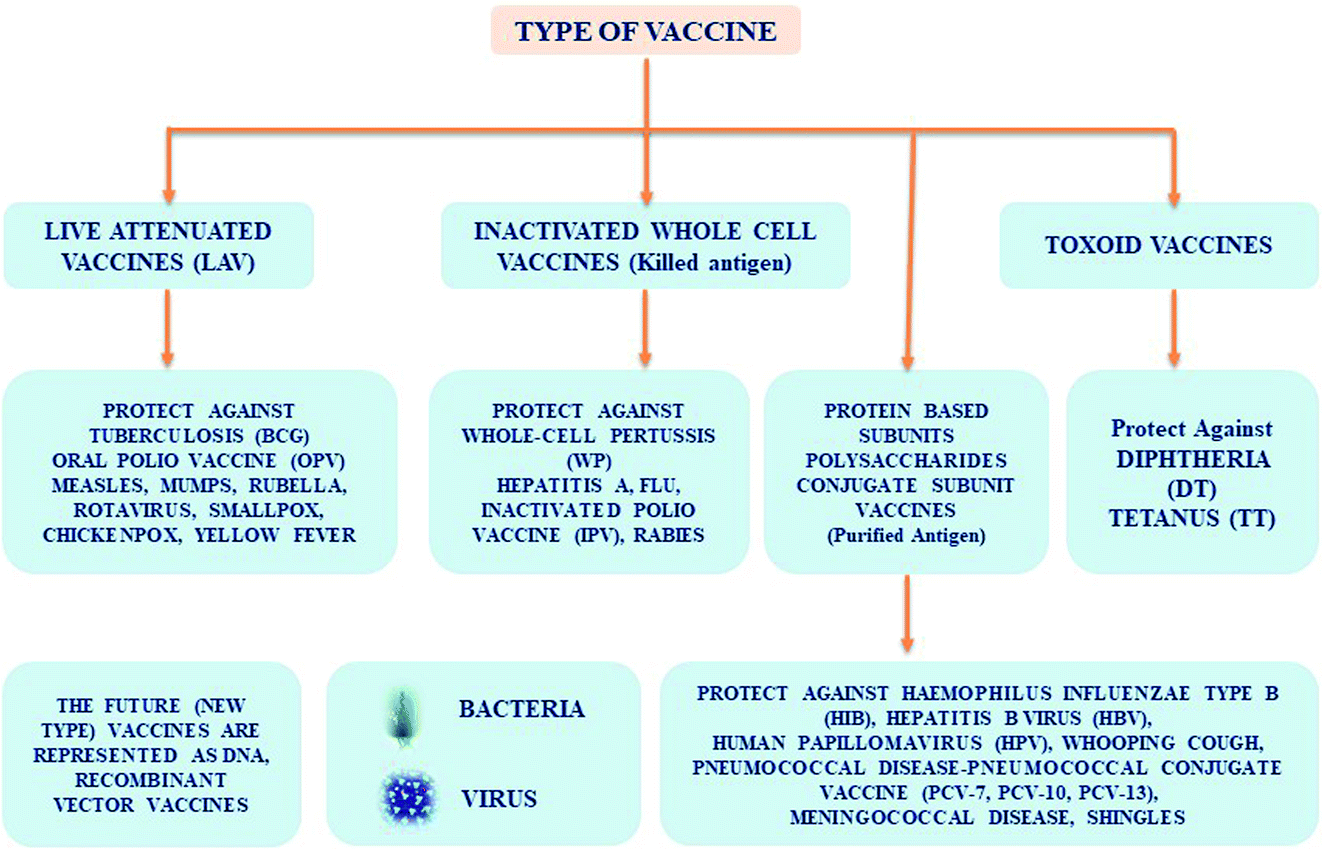
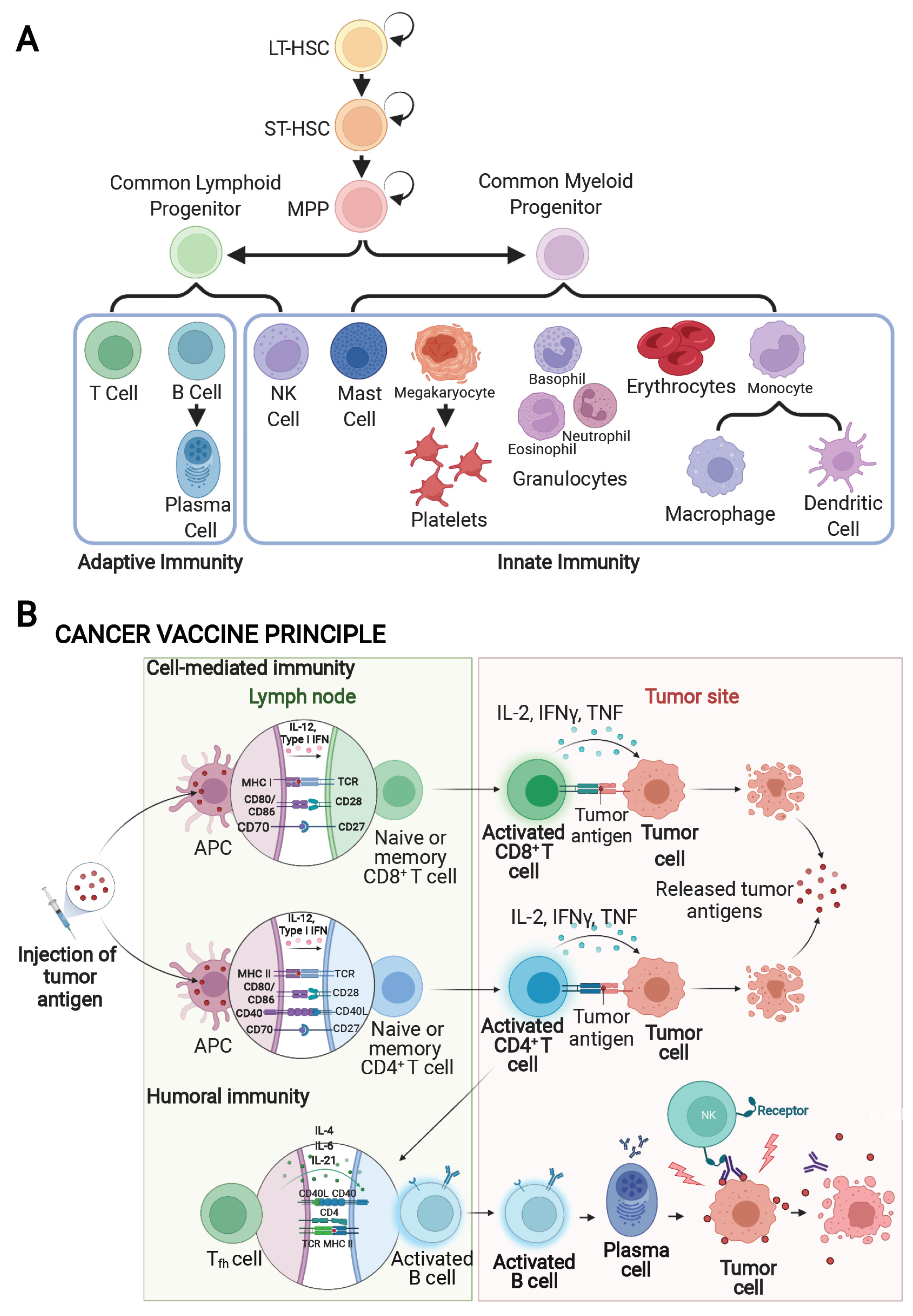

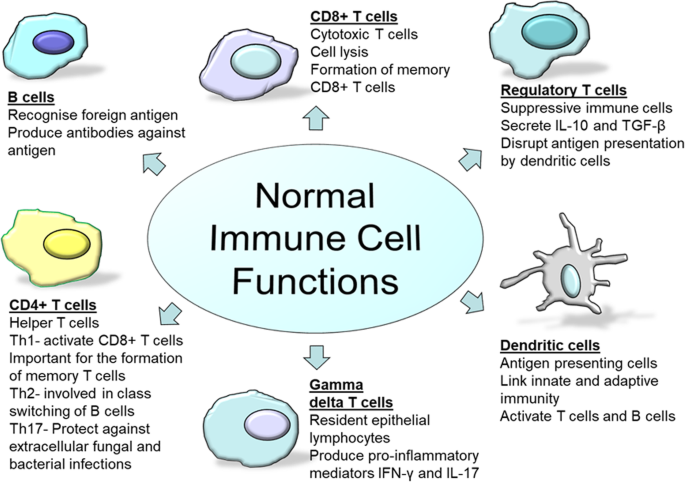
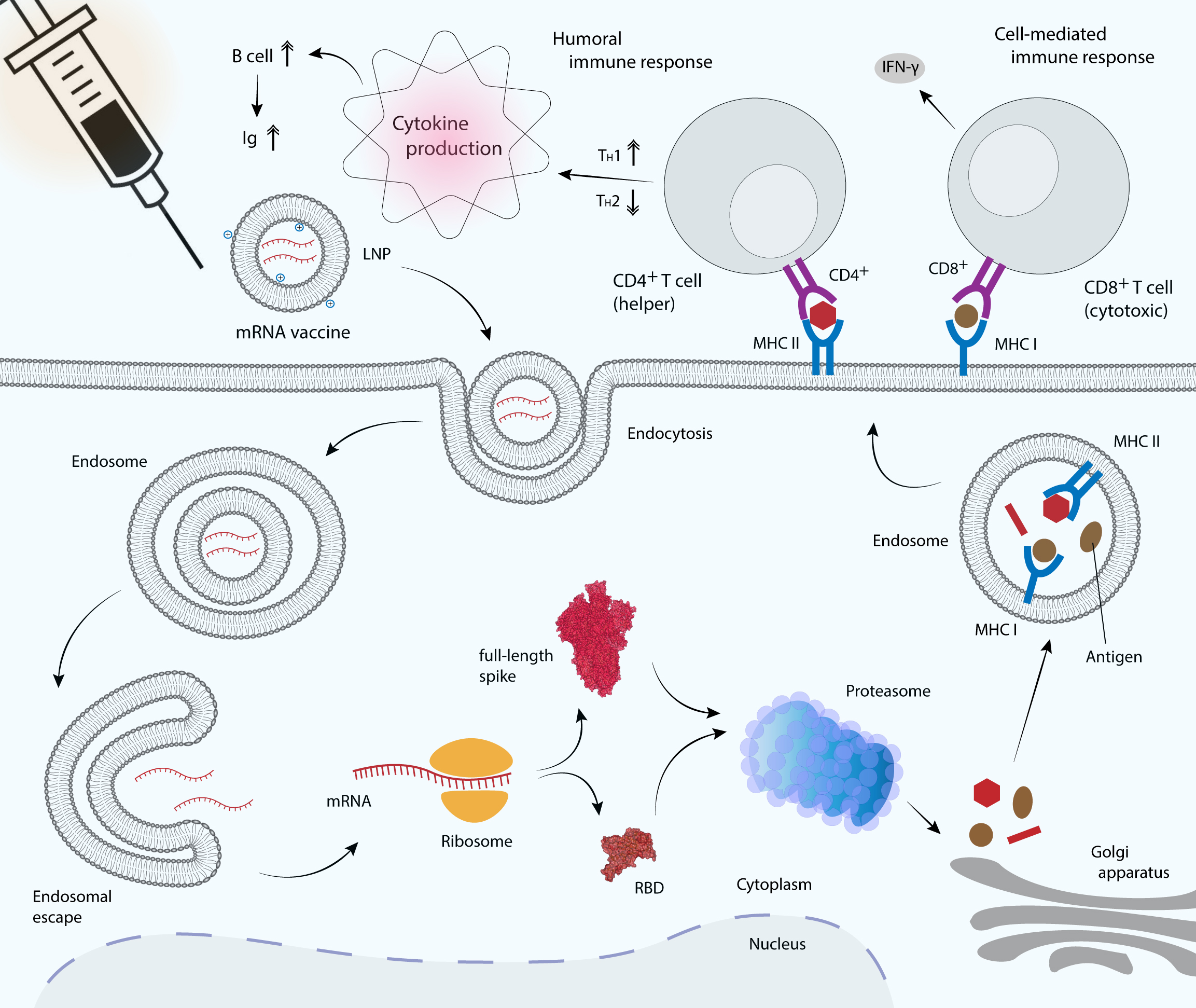

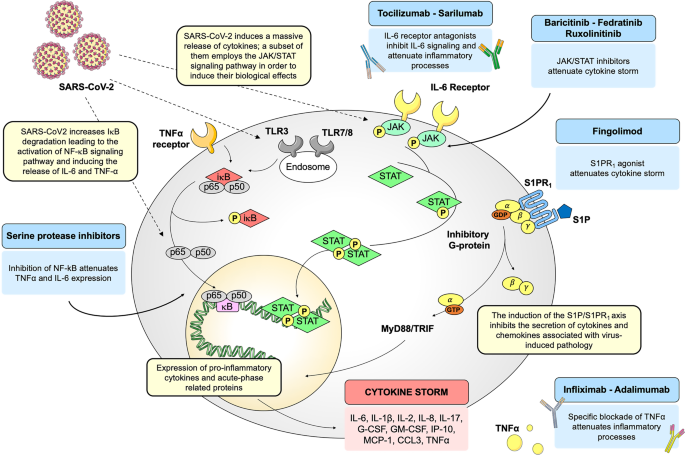








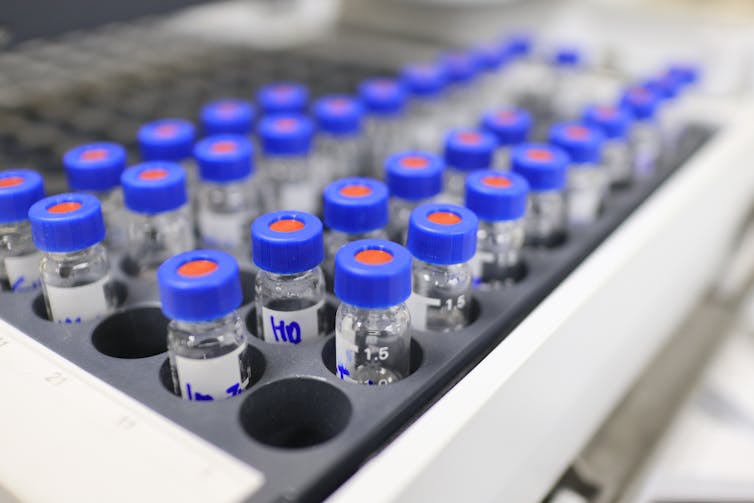











Post a Comment for "The Flu Vaccine Activates Adaptive Immunity How Does This Occur"